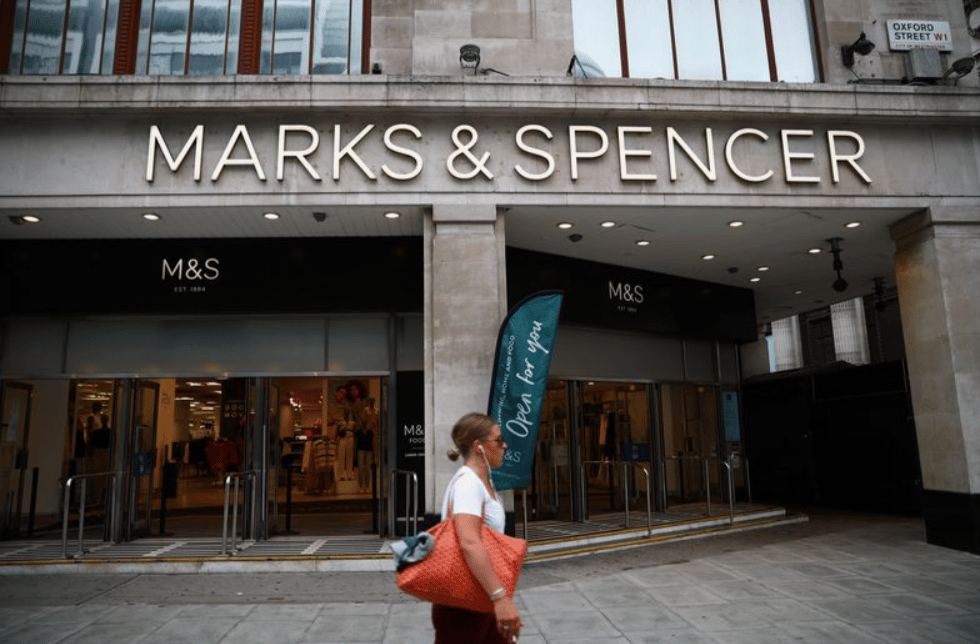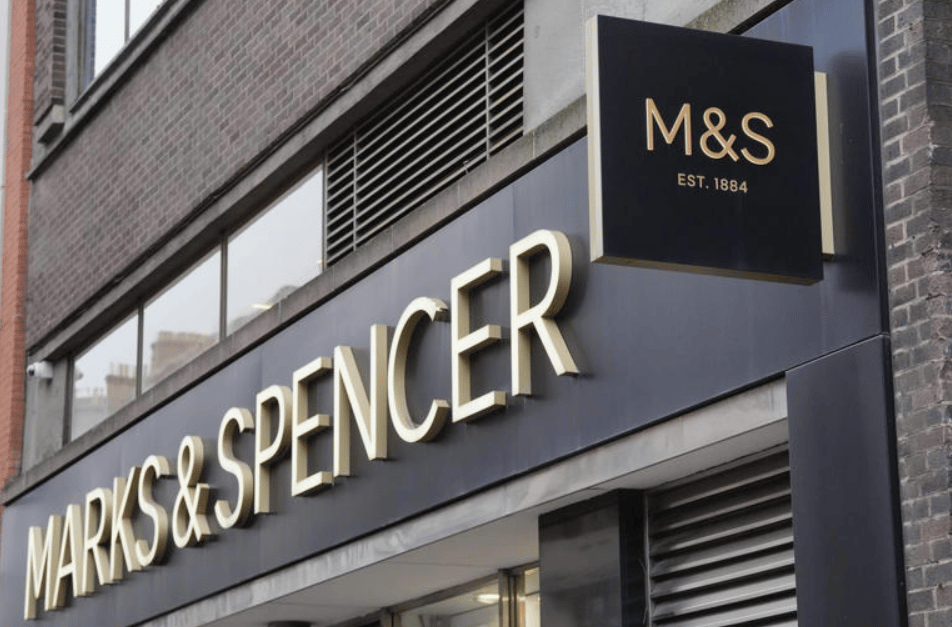Marks & Spencer Cyberattack Disrupts UK Retailer Operations Amid Increased Cybersecurity Investments
On April 22, 2025, Marks & Spencer $MKS.L, a leading British retailer, disclosed a significant cybersecurity breach. Hackers infiltrated the company’s systems by deceiving employees of a third-party contractor, circumventing advanced digital defenses. This cyberattack is expected to disrupt M&S’s retail operations for several months. CEO Stuart Machin highlighted that all companies remain vulnerable to such threats despite intensified efforts to enhance IT security.
Nature of the Cyberattack and Implications for M&S
The recent cyberattack on Marks & Spencer exploited human factors in third-party vendor security protocols, demonstrating the persistent risk of supply chain vulnerabilities in cybersecurity. Despite M&S tripling its technology investment over the past three years to strengthen defenses, attackers successfully bypassed safeguards, underscoring the complexity and evolving nature of digital threats in retail.
This incident illustrates how cybercriminals increasingly target peripheral access points, exploiting the human element rather than solely relying on technological weaknesses. The prolonged operational disruption predicted for M&S reflects the severity of the breach and the complexity involved in system recovery, data integrity checks, and implementing countermeasures.
From a financial perspective, extended downtime could affect M&S’s revenue streams and market confidence, while increased cybersecurity expenditures may impact margins. The breach also raises broader questions about the adequacy of third-party cybersecurity protocols across the retail sector, emphasizing the need for comprehensive risk management strategies.

Key Facts Summary
Marks & Spencer reported a cyberattack on April 22, 2025.
Hackers deceived third-party contractor employees to breach M&S systems.
The attack bypassed advanced digital security measures.
M&S tripled cybersecurity investment over the last three years.
CEO Stuart Machin acknowledged universal corporate vulnerability to cyber threats.
Operational disruptions expected to last several months, affecting retail functions.
Continued Analysis: Market and Industry Reactions
The market responded with caution following the breach announcement, reflecting concerns over potential financial impacts and brand reputation damage. Security analysts pointed out that the M&S incident exemplifies a growing trend where cybercriminals exploit human vulnerabilities in supply chains rather than attacking core systems directly.
The increased spending on cybersecurity within the retail sector demonstrates heightened awareness but also highlights that investment alone is insufficient without robust employee training and third-party vendor oversight. Stuart Machin’s candid admission regarding corporate vulnerability aligns with broader industry calls for collaborative defenses and continuous improvement in cyber resilience frameworks.
Stakeholders are closely monitoring M&S’s remediation efforts and the potential ripple effects on the UK retail market, particularly as cyberattacks on critical infrastructure and supply chains become more frequent and sophisticated.

Key Takeaways
Third-party contractor vulnerabilities remain a critical cybersecurity risk vector.
M&S’s tripled IT security investment signals increased prioritization but does not guarantee immunity.
Human factors are a persistent weak link in corporate cybersecurity defenses.
Extended operational disruptions could negatively affect M&S’s financial performance.
The incident underscores the need for industry-wide improvements in cyber risk management and vendor security oversight.
Strategic Importance of Enhanced Cybersecurity for Marks & Spencer and Retail Sector
The Marks & Spencer cyberattack of April 2025 serves as a stark reminder of the growing cybersecurity challenges facing the retail industry amid digital transformation. Despite substantial investments and advanced defenses, human and third-party vulnerabilities can critically undermine corporate security.
For M&S, the breach not only disrupts current operations but also spotlights the strategic necessity for continuous investment in holistic cybersecurity strategies—combining technology, personnel training, and stringent third-party management.
This event amplifies the urgency for retailers worldwide to adopt integrated cybersecurity frameworks that anticipate evolving threat landscapes, protect customer data, and sustain operational continuity in an increasingly interconnected digital economy.















Comments
A transaction of this scale could significantly influence the way automation evolves within the tech industry